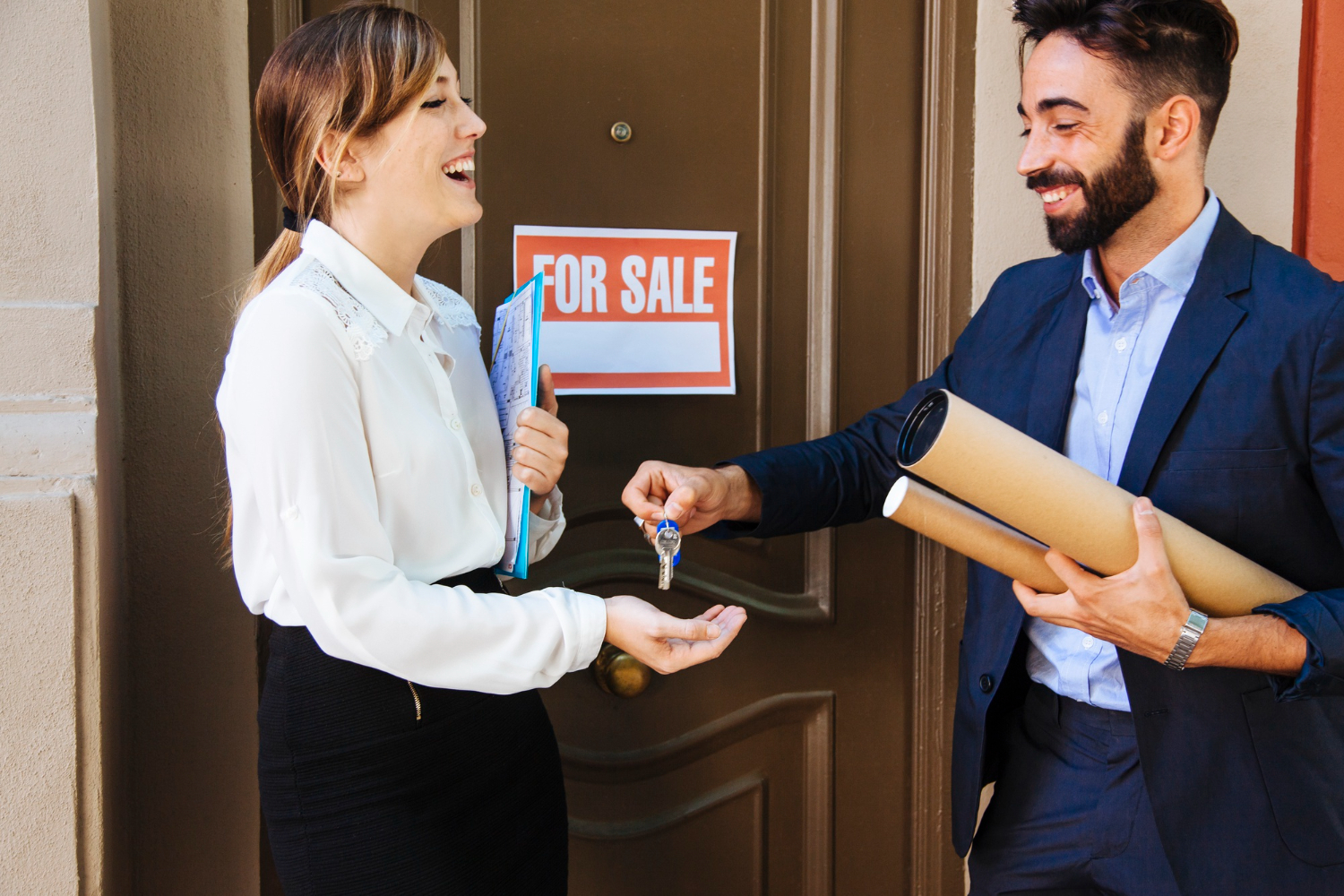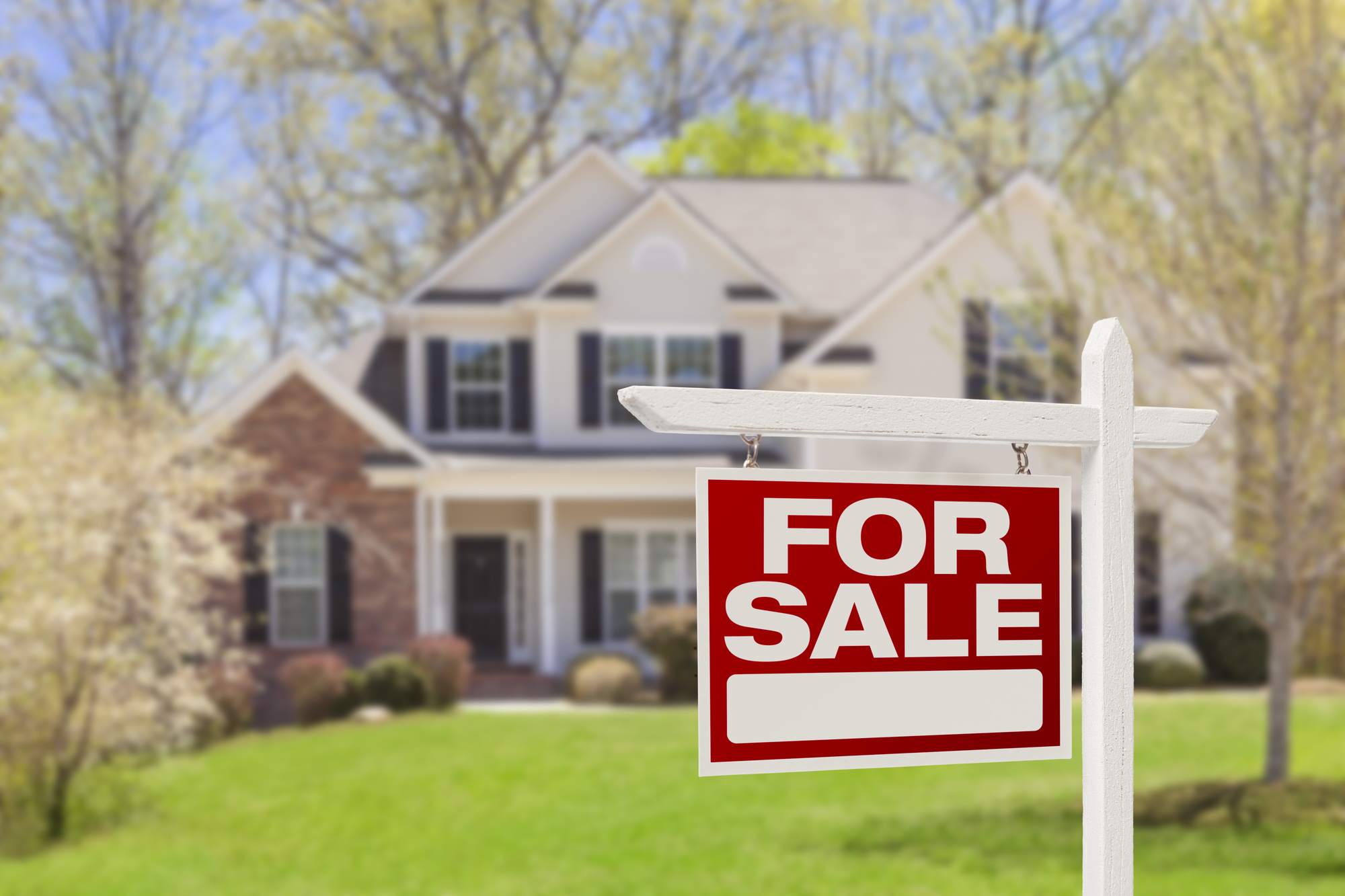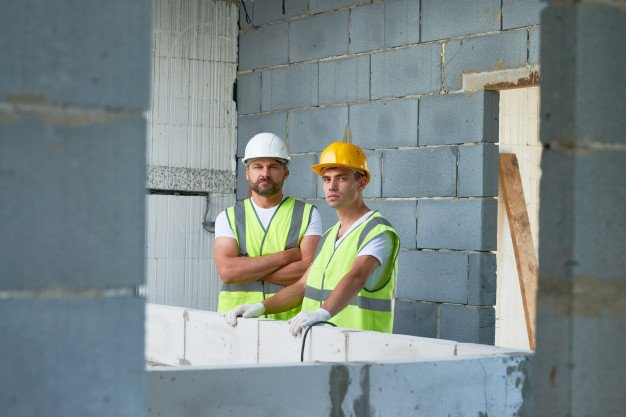Selling Your Brisbane Property is not a big deal but cracking the best deal is the challenge. You have to identify the best home buyer who can provide you the best deal of your choice.
Different Ways You Can Adopt For Selling Your Brisbane Property
There are different ways you can sell the Brisbane property to achieve your business goals in the best possible manner.
1. Get Those Repairs Done:
When real estate agents appraise a property, advise on a sale and pitch for business, they may be reluctant to do a list of things that require attention. Yet, the presentation is important in a sale and those handfuls of little repair jobs can make a big difference to your price and buyer response. Paint the scuffed walls, give the outdoor surfaces a thorough pressure clean and re-grout tiles and backsplashes. These are all small investments that can yield massively good results.
2. Expectations:
If you’re recently put in a brand-new kitchen, you need to realise that it might not pay for itself in the sale. Many sellers add renovation expenses to their purchase cost, determining a price they think the property owes them. Yet, buyers find value relative to others in the market, no matter what your total expenses may be. Talk to the team at Brisbane based River City Conveyancing for market-related price advice.
3. Cleanliness And Presentation:
Buyers usually have unrealistic expectations of what their money can buy. They’re highly aspirational, hoping a new property will bring all sorts of happiness. So, if your sink is piled high with dirty dishes and the bed’s unmade, it’ll probably look like the place they already call home. Instead, you should paint a picture of a cleaner, brighter, fresher and happier life.
4. Don’t Hide Anything:
If you’ve had termites, let your agent know. Buyers are only going to find out later, anyway, and you may find yourself in a weaker negotiating position. All properties have their shortcomings and by working through them, you can re-focus buyers on the property’s strengths. Selling your Brisbane property can make things possible when you make the best choice.
5. Old Furniture:
While your rocking chair is comfy, it’s better to take “yourself” out of your home. By removing personal items, you can open up the buyer’s imagination, so they can mentally fill the spaces with their own belongings. Remember, less is always more, so aim to take out excess furniture and ornaments. Try to see the property in the eyes of the buyer.
6. Be Patient:
Selling your Brisbane property can take time. Stats show that it takes an average of 61 days to sell apartments in Brisbane, and just over 30 days for a house. But, with the right price, promotion, agent and presentation, you may be able to sell your property a little quicker. It’s not common for it to happen in the first few days, though, so do be patient.
Agents will bring you market feedback, including things buyers don’t like about your property. They’re only doing their job. Understanding this will help you and the agent better position your home for sale.
It’s important to find an agent with a great track record and one you can trust. You want to be able to confide in your agent and, of course, successfully sell your Brisbane property.
Read Also:






















